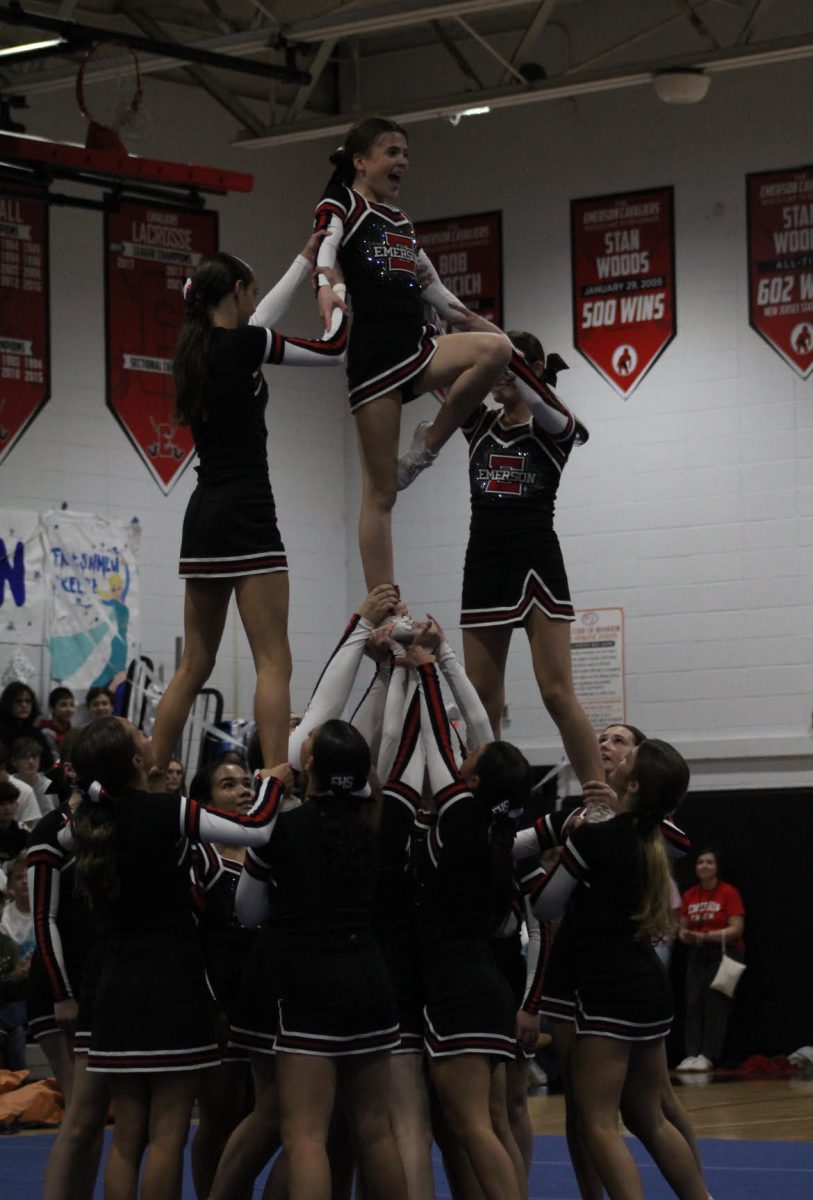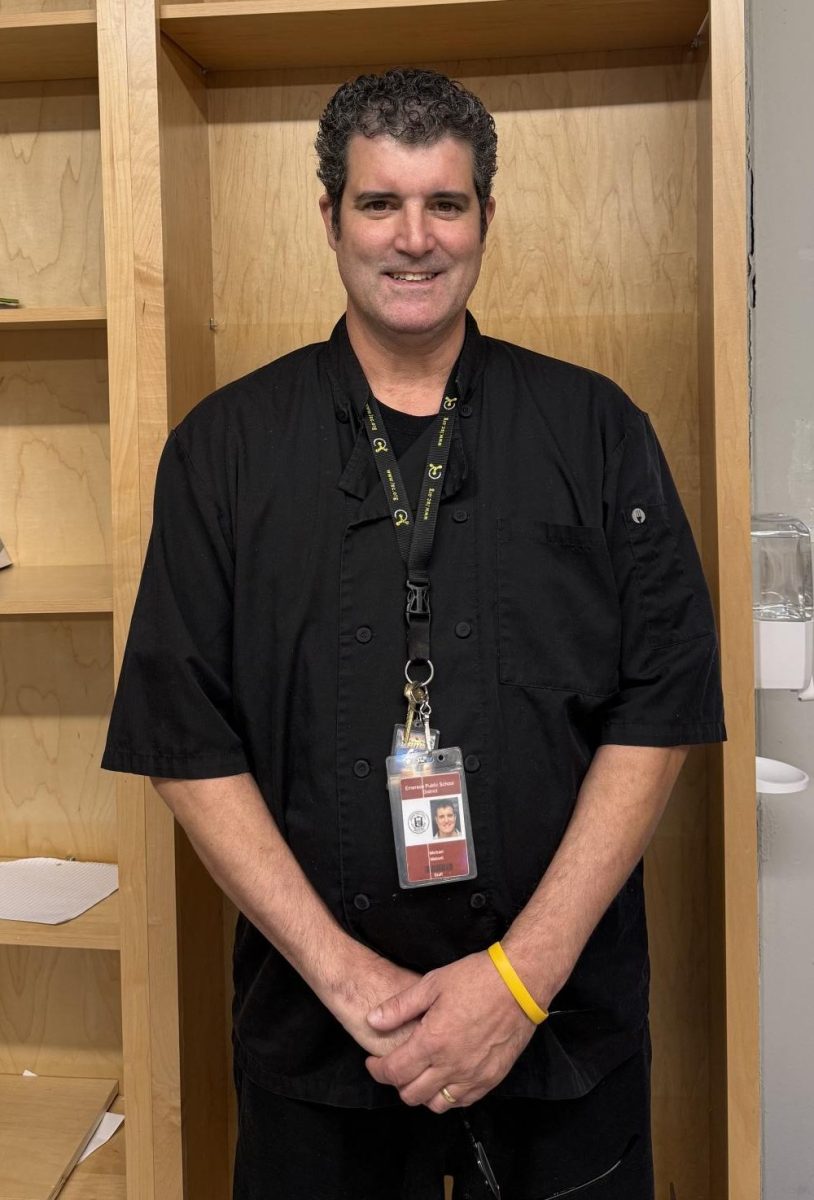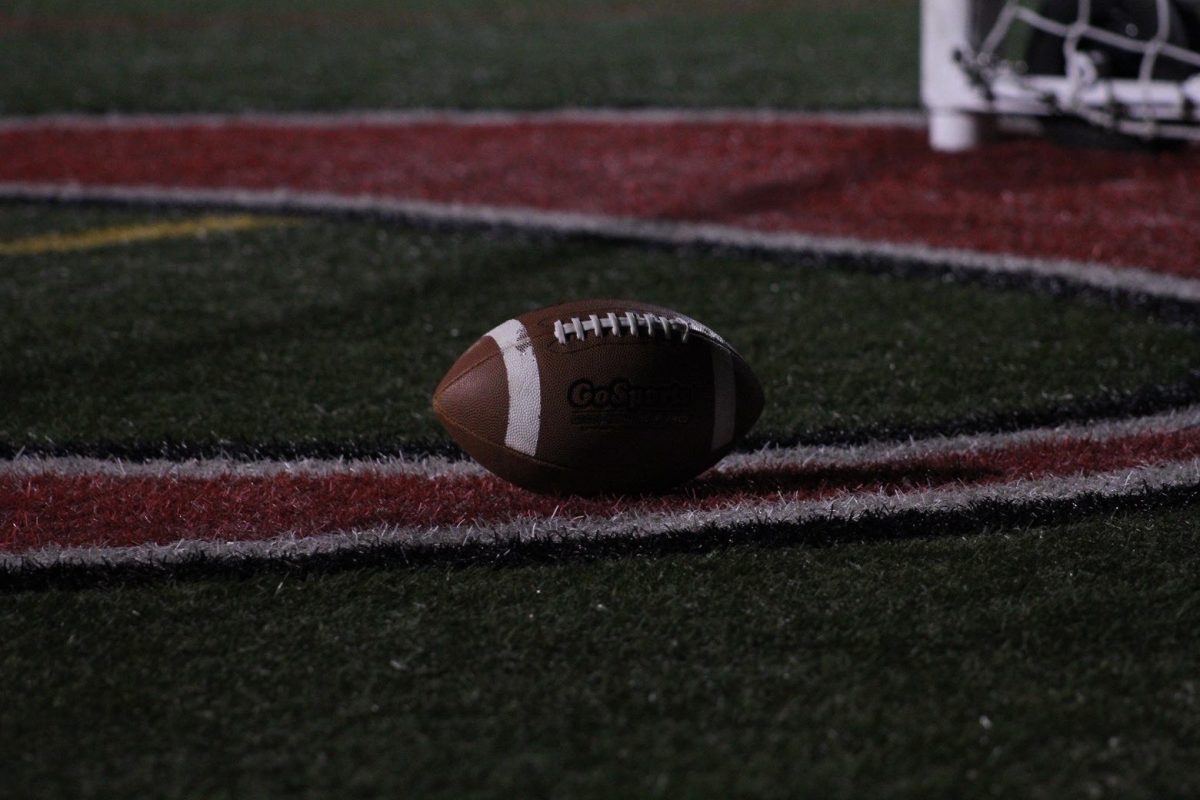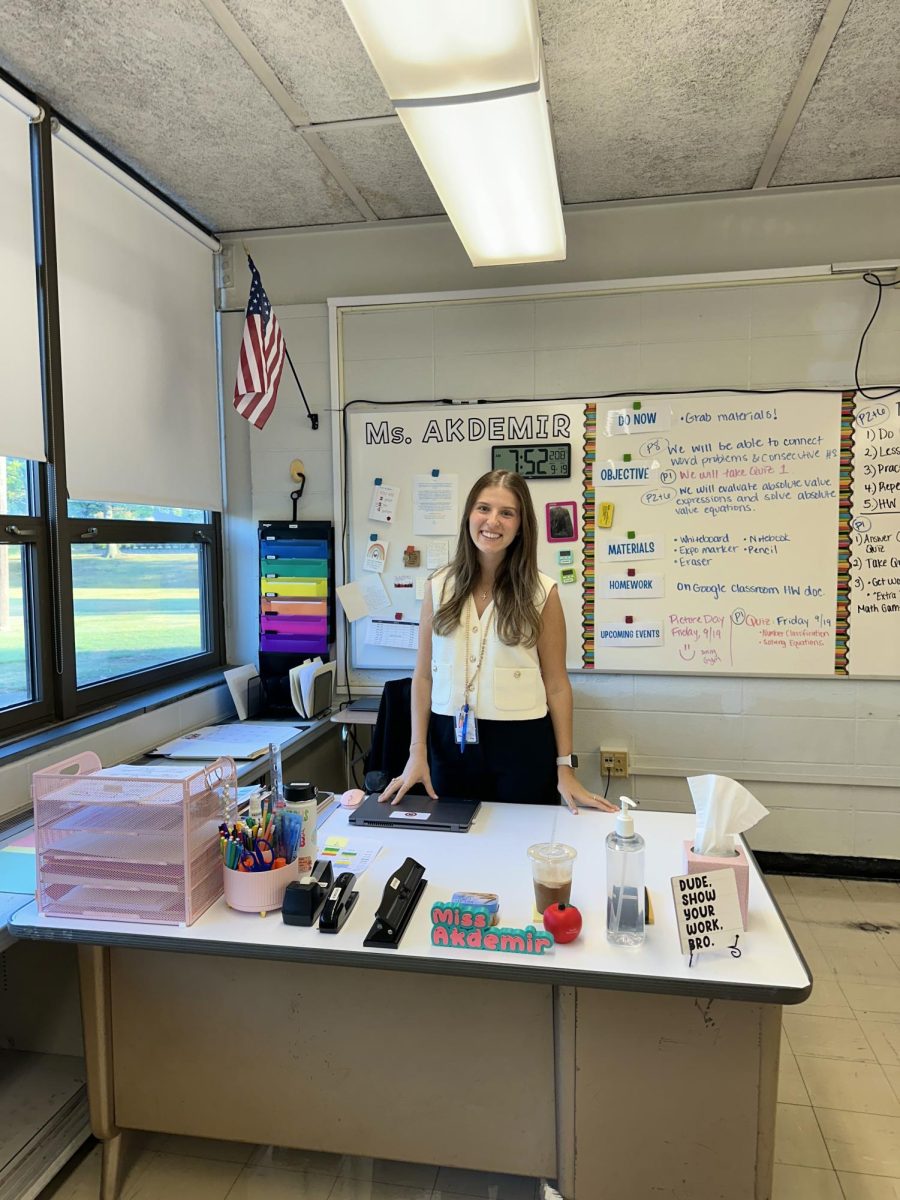A new season means a new debate topic, and the topic was decided by the NFHS (National Federation of State High School Associations) in January this year. The topic for this year is “Arctic,” and the resolution states, “The United States federal government should significantly increase its exploration and/or development of the Arctic.”
A debate resolution is a “should” statement regarding the question up for debate each season. The NFHS handles the selection of the topic every debate season after each state organization, the National Speech & Debate Association (NSDA), the National Catholic Forensic League (NCFL), National Association for Urban Debate League, and the National Debate Coaches Association (NDCA) all submit their votes.
If you’re having trouble understanding a topic, here are some things that you should do:
- Take a minute to understand definitions
At the beginning of every debate, the Affirmative team has to define important terms that circle back to their plan and are linked to the resolved. Arguing for or against a plan/claim is much easier if you actually know the definitions. Simply take a minute to study important definitions regarding the topic to deepen your understanding of what you’re arguing about.
2. For Affirmative: research/look over your plan
On the bus, you’ll always have time before the debate to refresh your understanding of the plan. Go through the plan, make sure your evidence is in order, and make sure you actually grasp the concepts.
3. Find holes in the plan
Whether you’re Negative or Affirmative, finding holes in the plan is a great strategy. Pointing them out can be good for the Negative team, while coming up with a rebuttal to the Negative’s statement is good for the Affirmative team. Finding holes in your own plan can help you come up with counter-arguments, and it’s better to address them yourself before someone does it for you.
If you’re interested in joining the Debate club, talk to Mrs. McClure to find out more.







